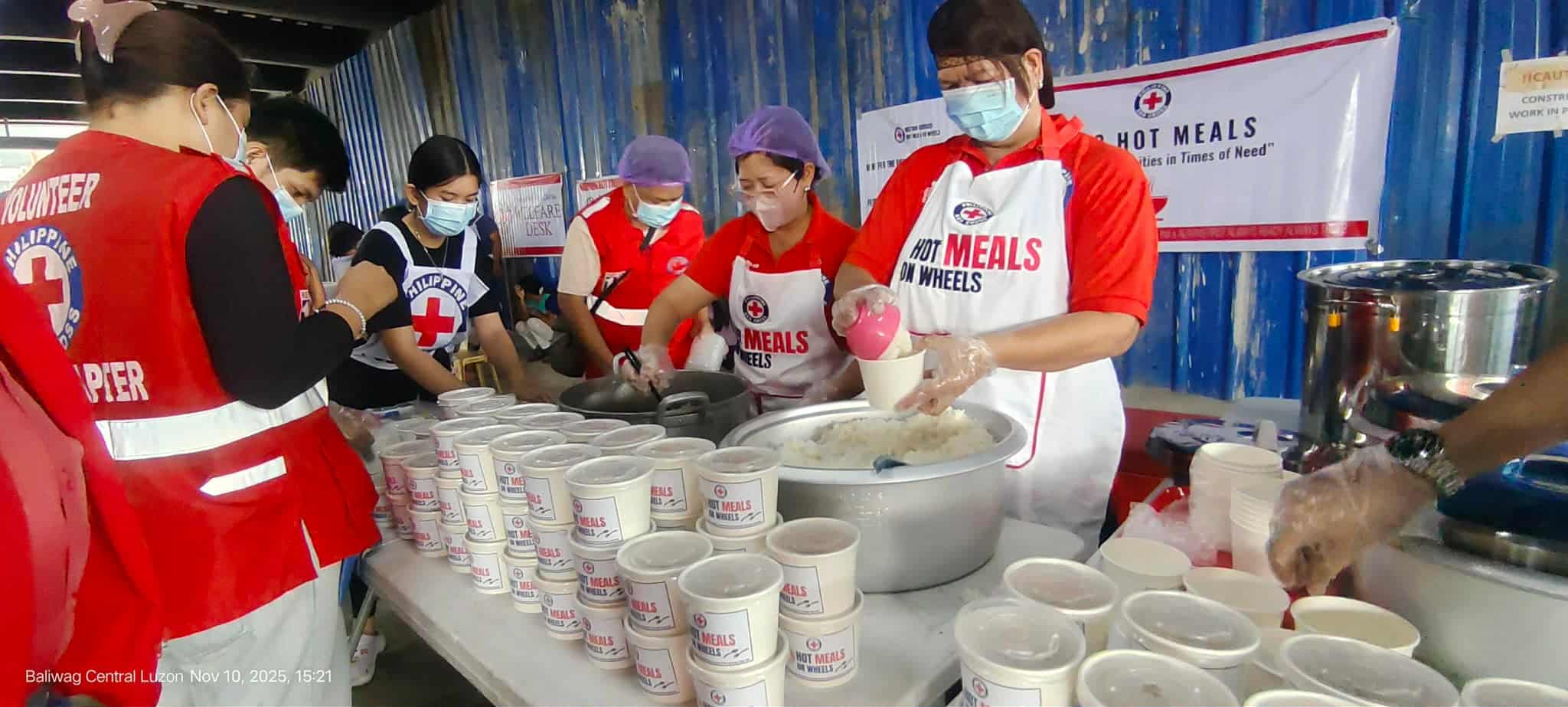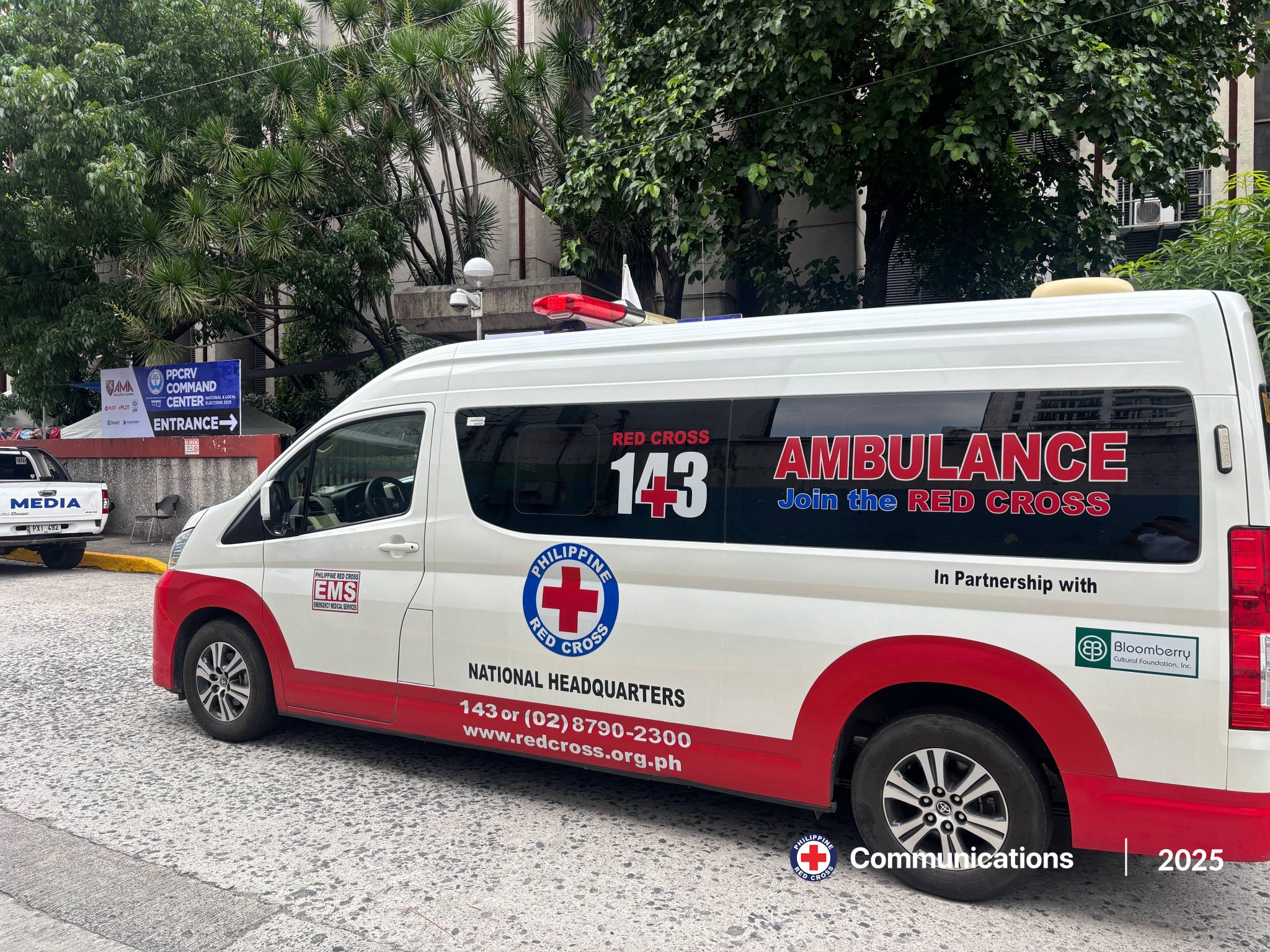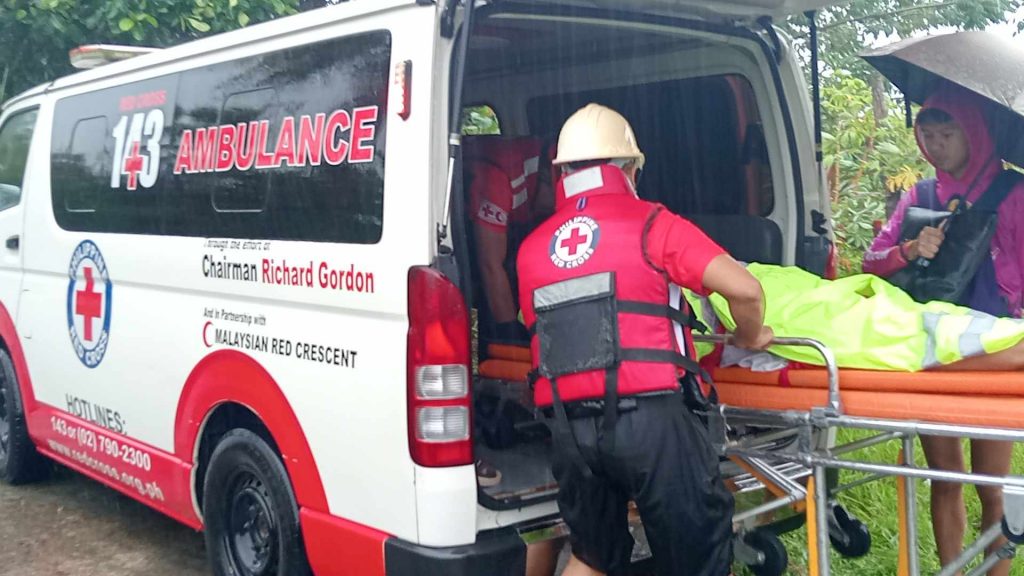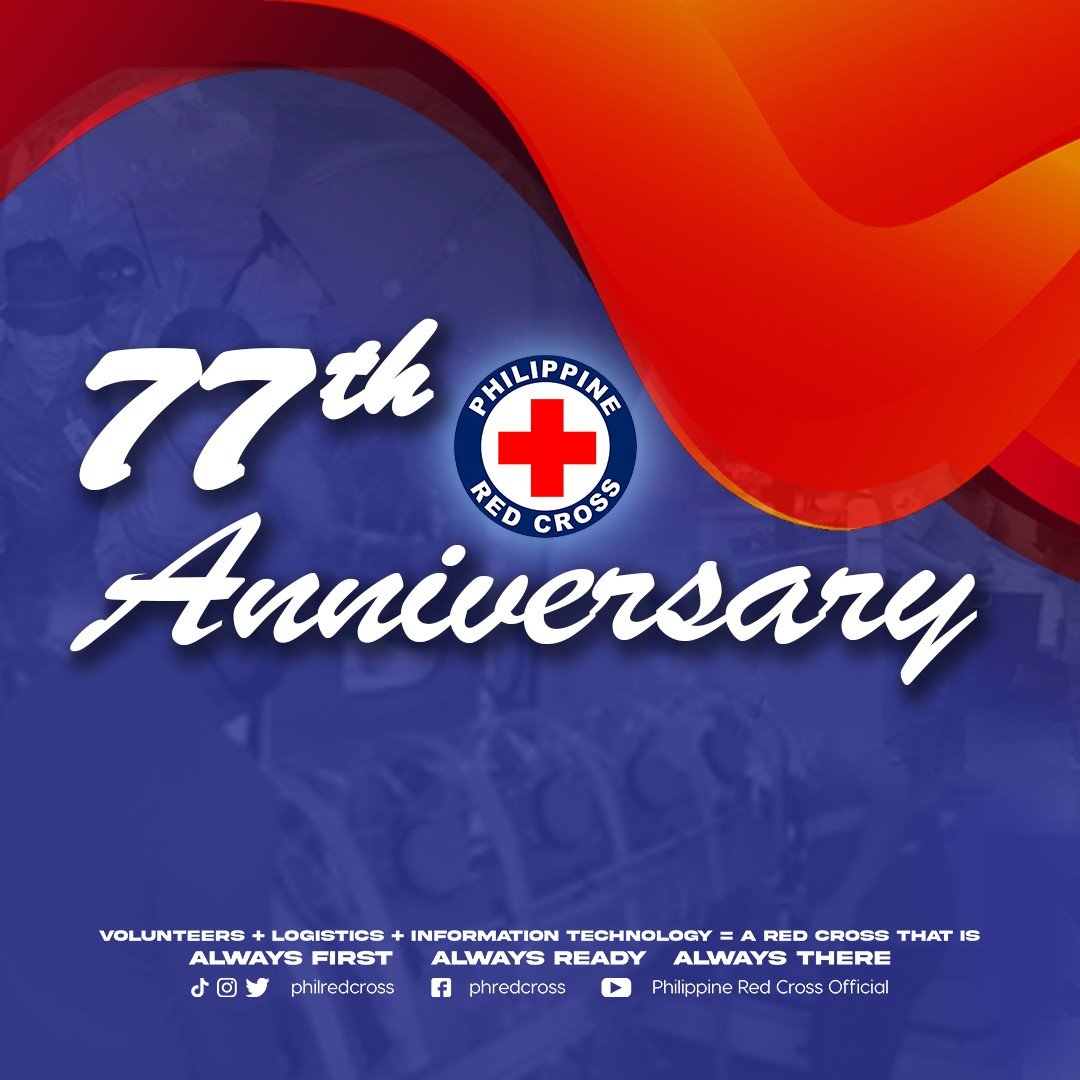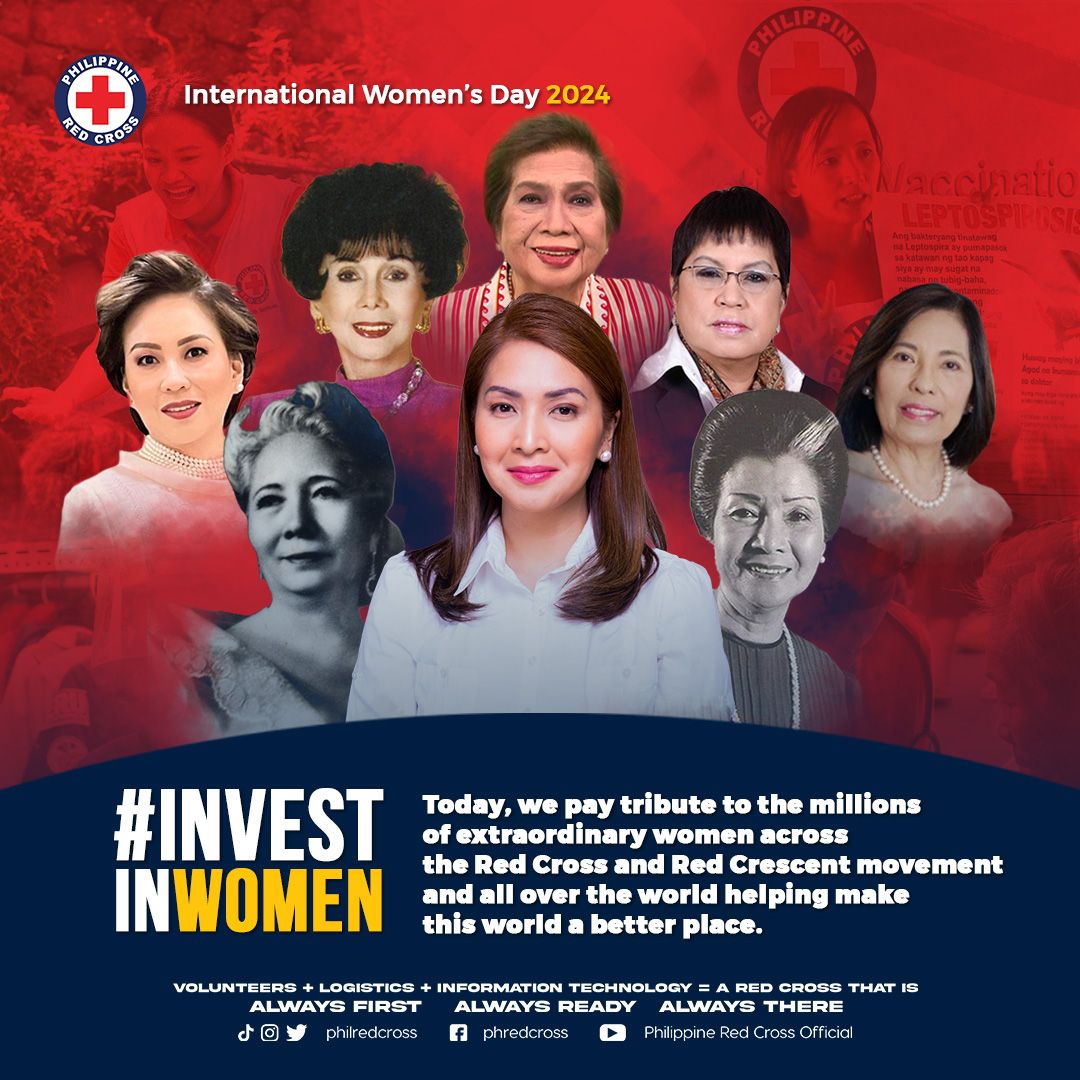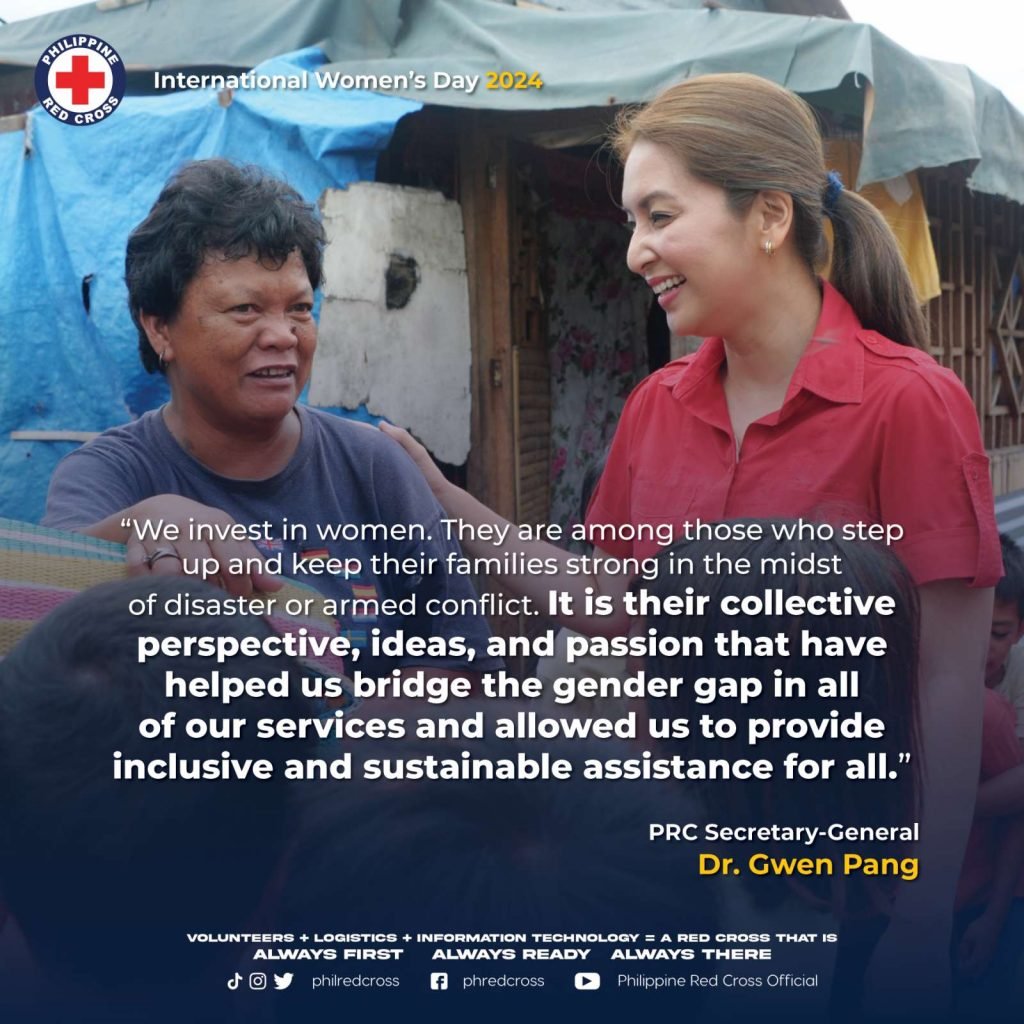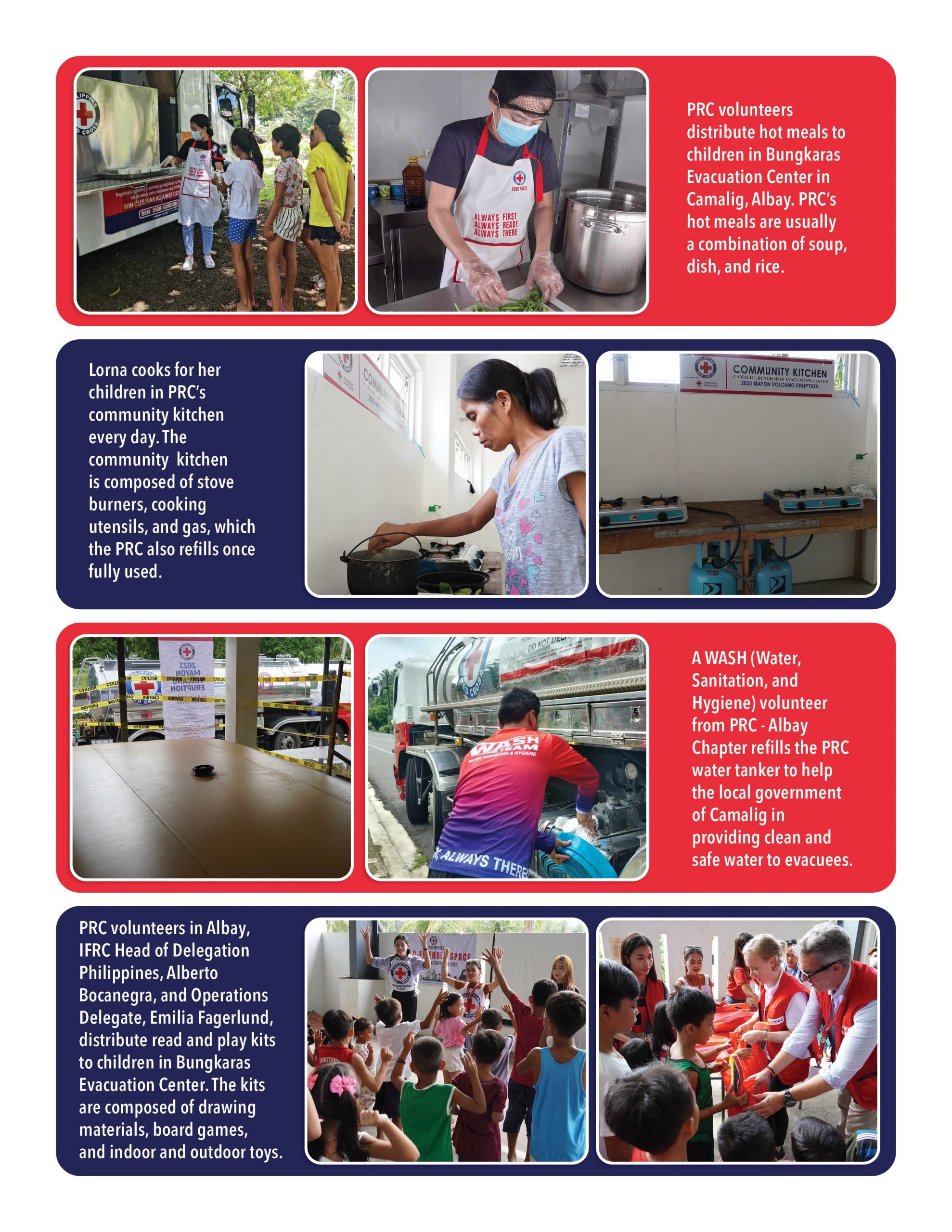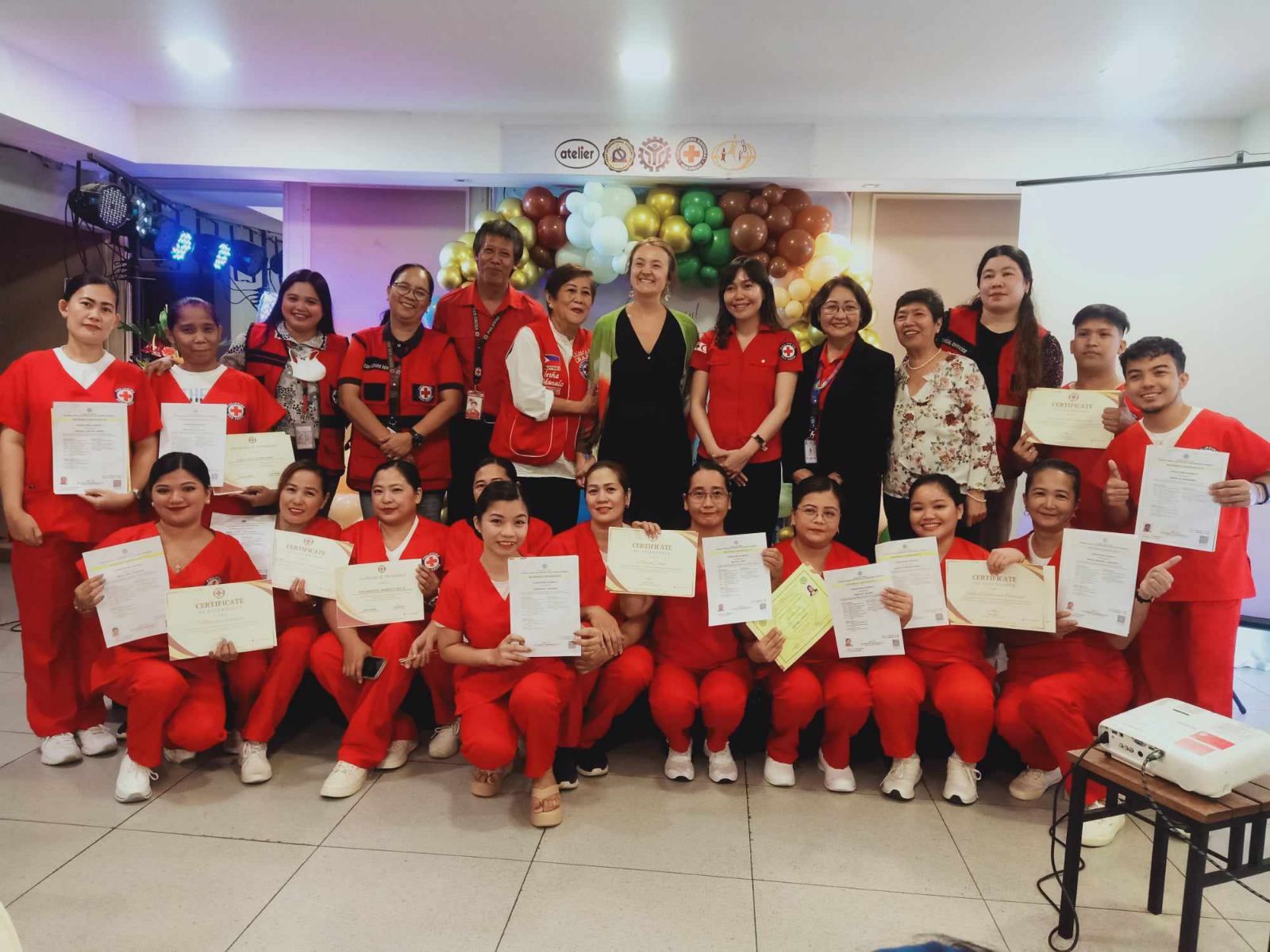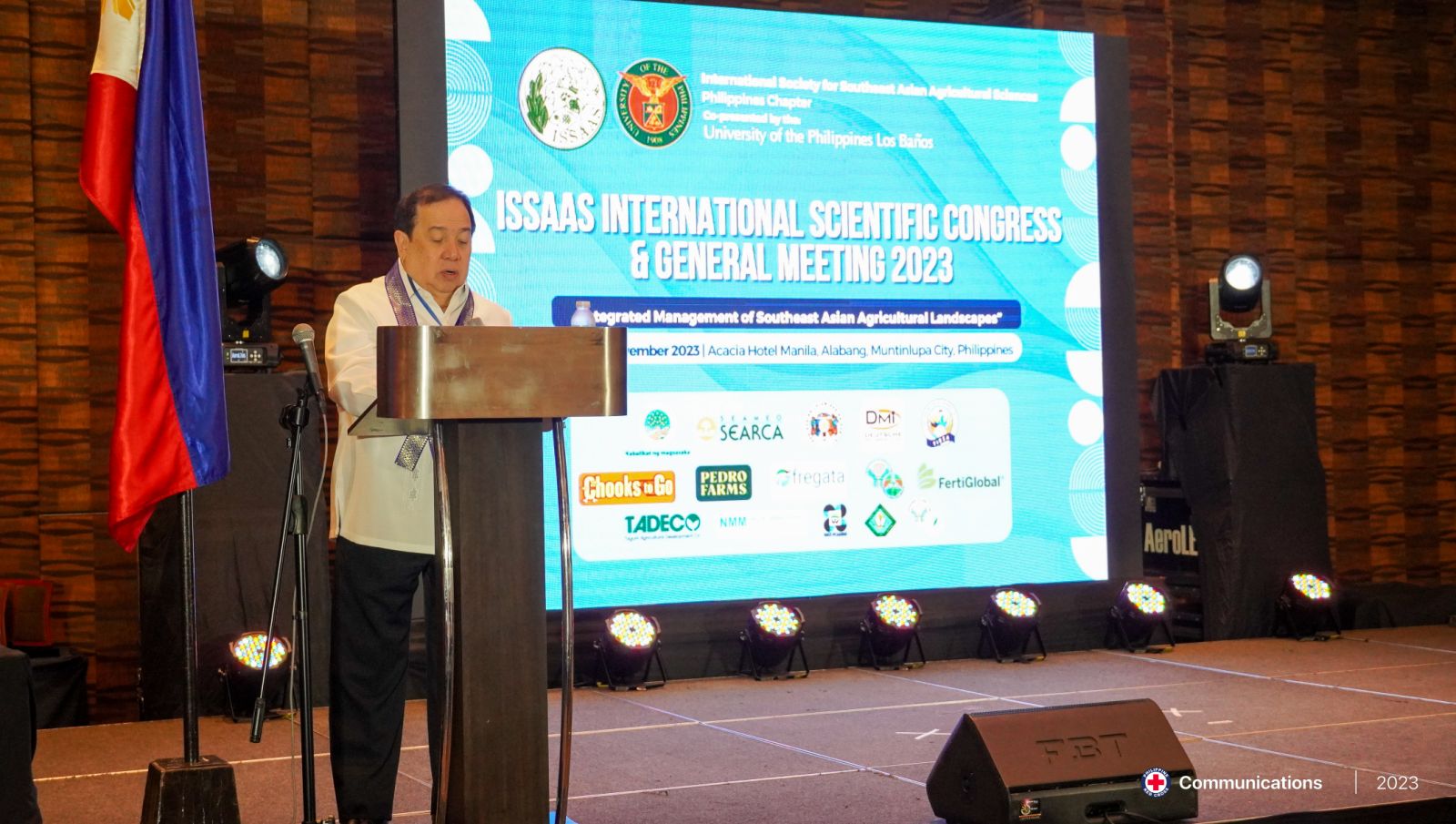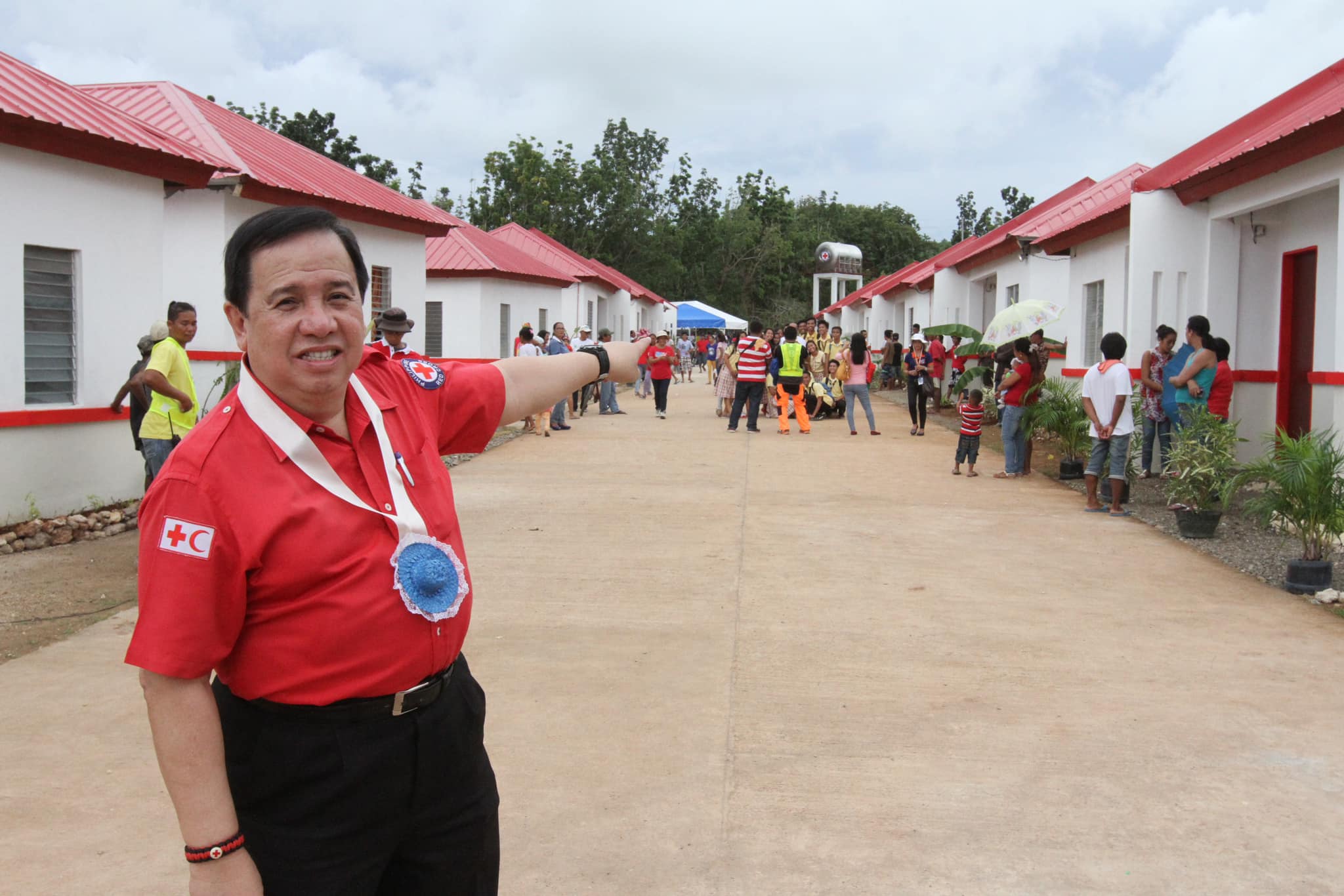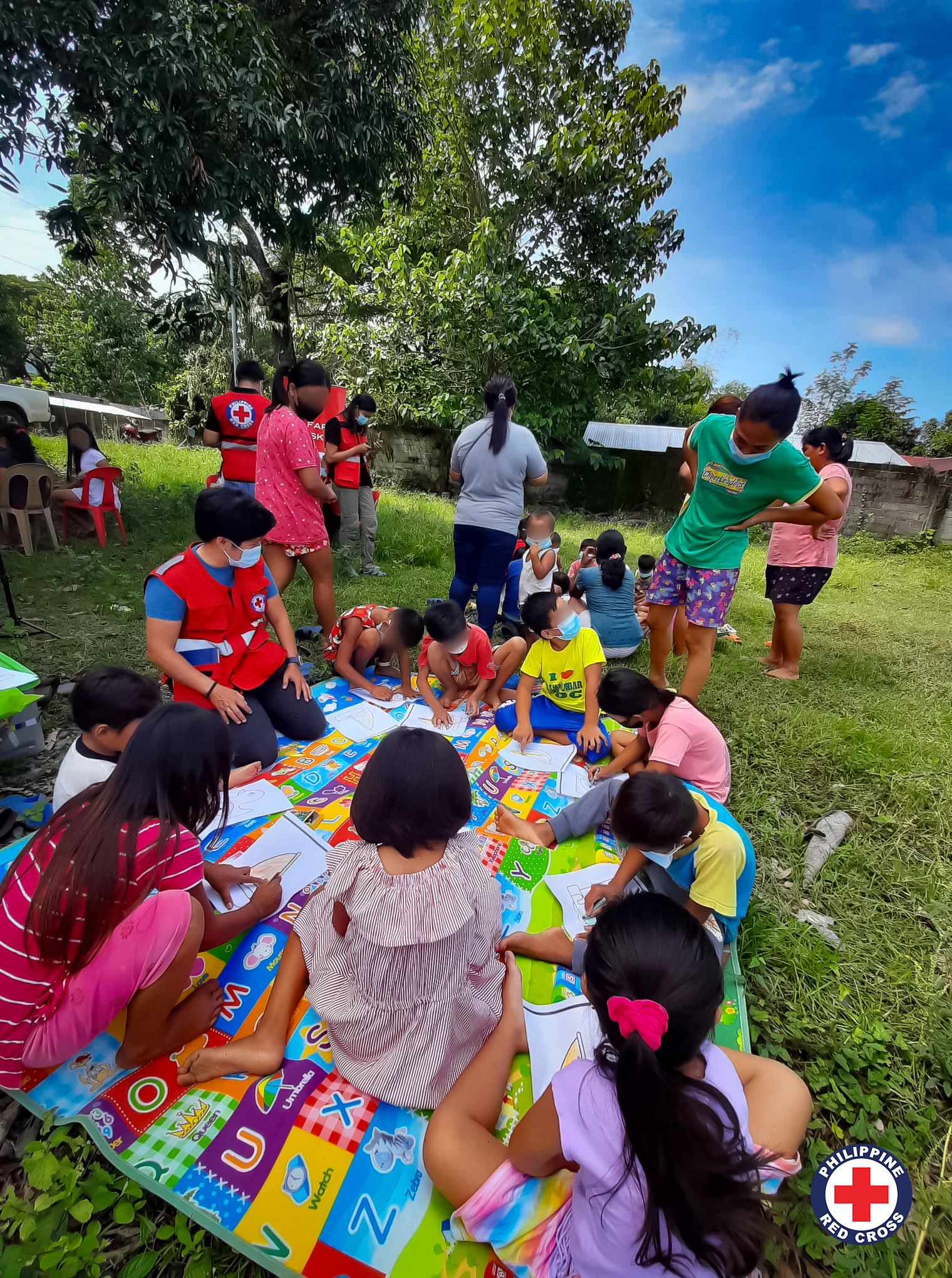As families across the country face the twin impact of Typhoon Tino (Kalmaegi) and Super Typhoon Uwan (Fung-Wong), the Philippine Red Cross (PRC) continues to deliver not only relief supplies, but also warmth, comfort, and nourishment through its Hot Meals on Wheels Program.
From flooded barangays to evacuation centers and populous terminals full of stranded people, the PRC’s mobile kitchens have been a lifeline for thousands who lost access to food and cooking facilities when the typhoons came.
When Uwan hit the Philippines, floods quickly rose and entered houses. People left their homes for somewhere safer, but safer doesn’t always mean somewhere warm—especially during days where strong gusts of wind and rain were no end in sight.
In the aftermath of Uwan’s landfall, out of 39 PRC food trucks, 21 have been on the move, serving tens of thousands of freshly cooked meals to displaced families and first responders.
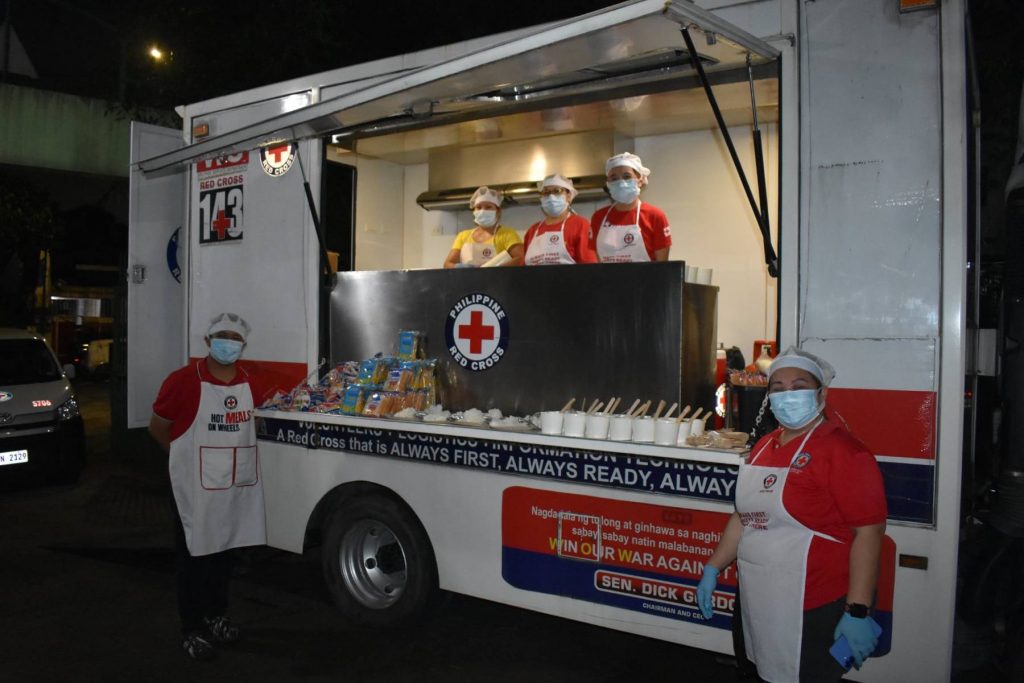
“Our PRC staff and volunteers work tirelessly through the night so people in evacuation centers can have freshly cooked hot meals waiting for them at dawn,” said PRC Chairman and CEO Richard J. Gordon. “The Hot Meals on Wheels Program is more than just feeding people—it’s also restoring hope and dignity through warm and familiar meals they might even cook back home.”
Even before Uwan’s intensification, PRC teams have been on the ground responding to Typhoon Tino, preparing food packs, and activating food trucks in anticipation of mass evacuations. And when Uwan made landfall, these same units quickly shifted from standby to full operation in order to reach the most affected provinces despite blocked roads and power outages.
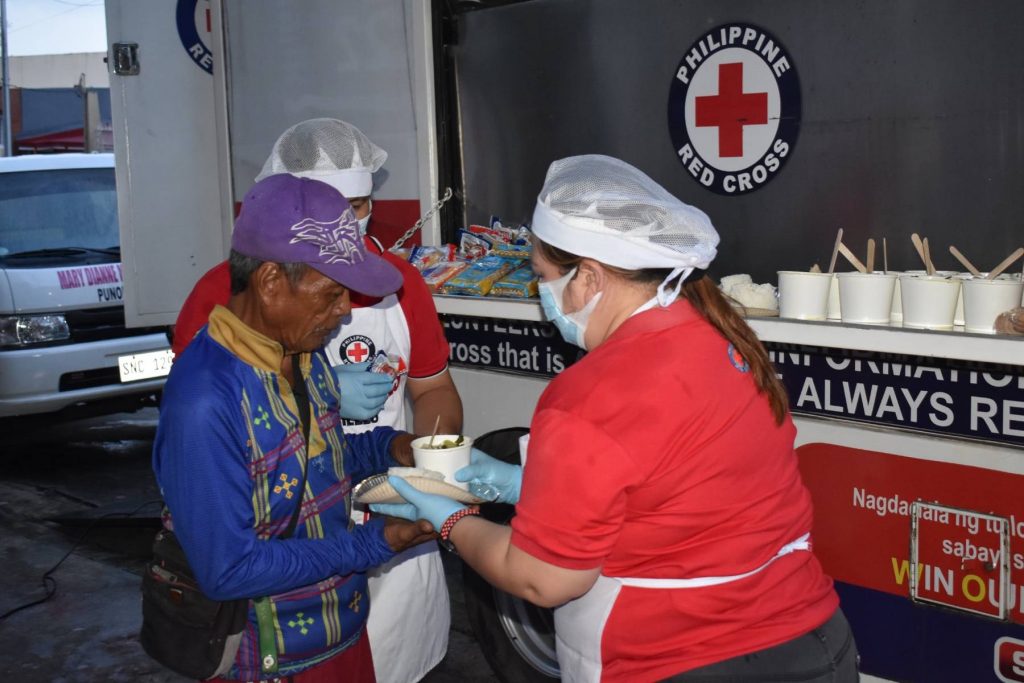
PRC Welfare Services Manager Norwina Eclarinal spoke about her past experiences with typhoons and how hot meals became a personal reminder of hope.
“Here in the Welfare Services and the PRC in general, we believe that the Hot Meals Program has the ability to give people comfort. I’ve personally experienced what it’s like to have your home flooded. When that happened during Typhoon Kristine, I was also taking care of my young children and my mother who was 88-years old. At the time, with everything that’s happened, even normal food became so far out of reach—that hurts for a provider who can’t give food to her family even when she wants to. At the heart of the Hot Meals Program is the goal of giving people comfort in an otherwise chaotic situation. It’s a really unfortunate situation to be in, but with the program, it reminds people that they are not less because of what happened—it becomes a reminder of hope,” she said.
Each PRC food truck is equipped with industrial-grade stoves, steamers, cooking tools, and storage facilities, allowing volunteers to prepare up to 1,000 hot meals per day. Newer food trucks of the PRC even have added features such as solar panels and chillers.
During operations, meals are cooked fresh and distributed to families in need, ensuring that no one in the hardest-hit areas goes hungry during crisis recovery.
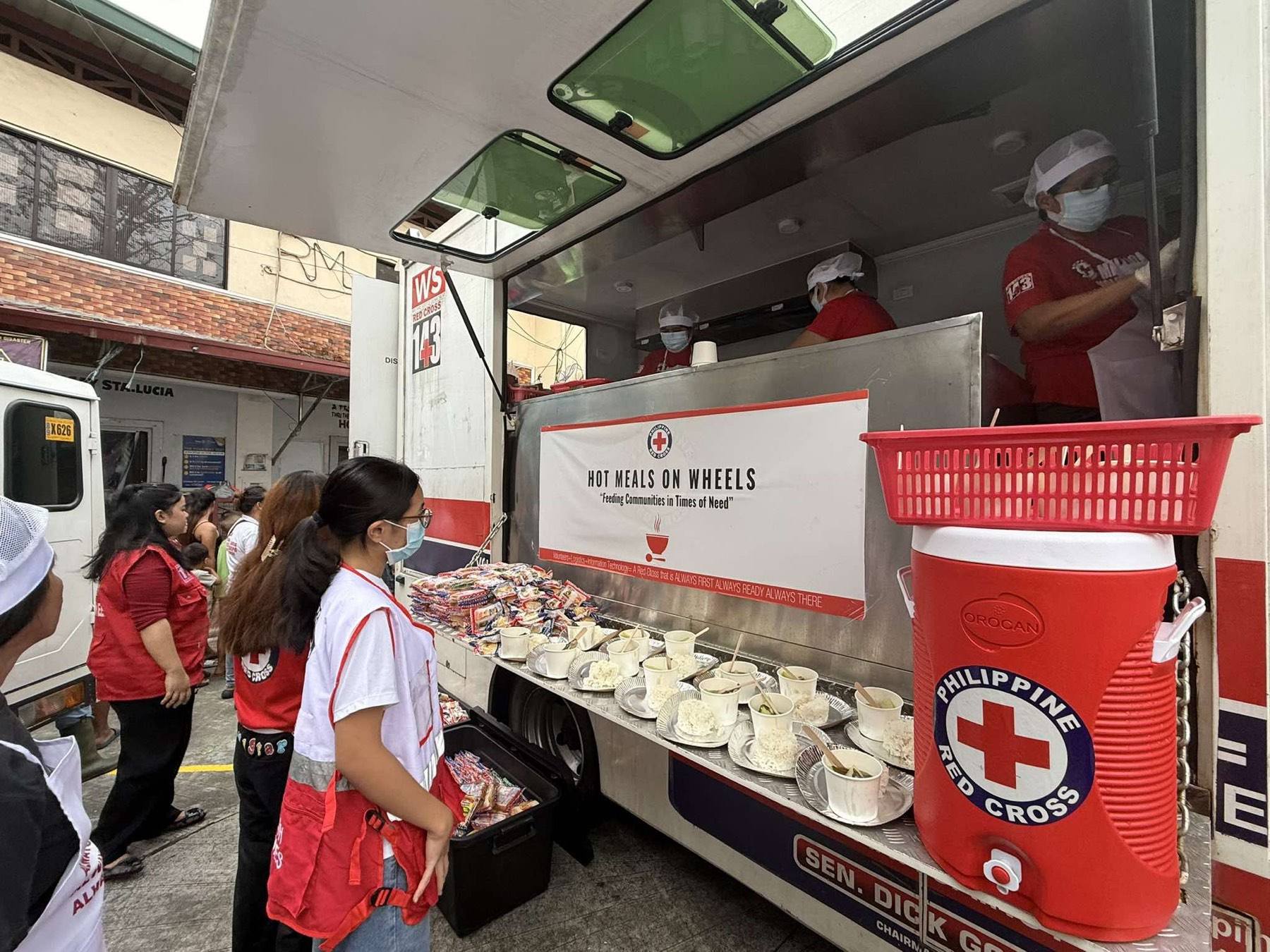
“We are thankful that the damage was not as catastrophic as feared,” added Chairman Gordon, “but there are families out there that are still wet and in need of good sustenance so PRC’s work is yet to be over.”
Beyond immediate disaster response, PRC’s Hot Meals on Wheels Program is also a permanent fixture in post-disaster recovery and feeding initiatives. The flagship program by PRC’s Welfare Services embodies the organization’s enduring mission to bring humanity wherever it’s needed most.
For updates on PRC operations or to support humanitarian programs like Hot Meals on Wheels, visit our website redcross.org.ph or follow the Philippine Red Cross on social media.
For any emergencies, call the PRC Hotline #143.
